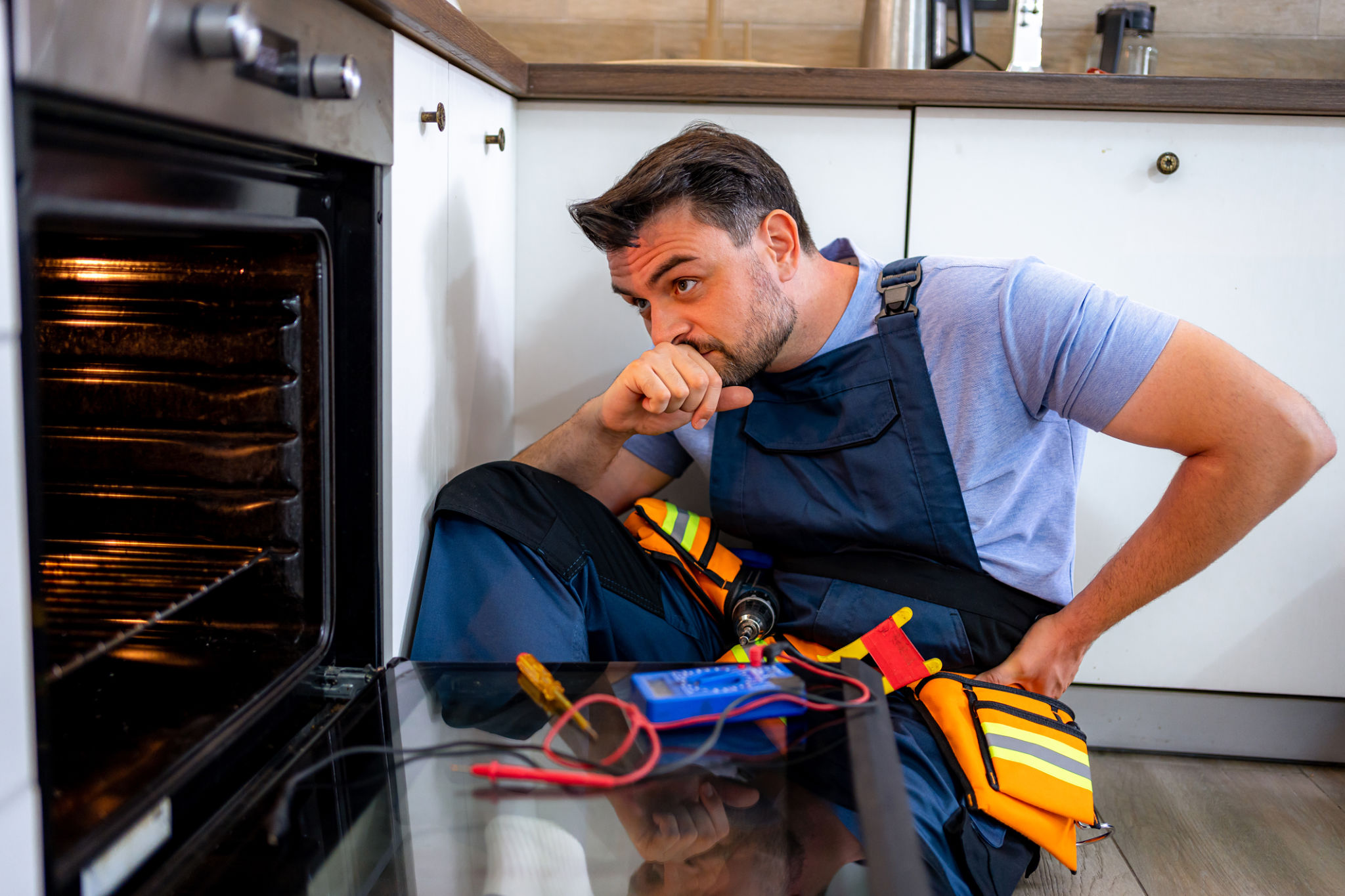Top 5 Common Appliance Issues and How to Fix Them
QS
Refrigerator Not Cooling
One of the most common issues with refrigerators is when they stop cooling properly. This can be due to a variety of reasons, such as a dirty condenser coil or a faulty thermostat. To fix this, start by ensuring that your refrigerator is plugged in and the thermostat is set to the correct temperature. If the problem persists, clean the condenser coils located at the back or beneath the appliance using a vacuum or brush.
Another possible cause could be the door seals. Over time, these seals can wear out, allowing warm air to enter the fridge. Inspect the seals and replace them if necessary to ensure a tight closure.

Washer Not Draining
If your washing machine isn't draining, it might be due to a clogged drain hose or pump. Start by checking the drain hose for any kinks or obstructions. If the hose is clear, inspect the pump filter for debris. Cleaning these parts can often resolve the issue.
In some cases, a malfunctioning lid switch or belt could be the culprit. If you suspect this is the case, it might be best to call a professional technician for assistance to avoid any further damage.
Oven Not Heating
When an oven fails to heat up, it can be frustrating, especially when preparing meals. The most common causes are a faulty heating element or a broken thermostat. To diagnose, check if the heating elements glow red when turned on. If not, they might need replacing.

Ensure that the oven's thermostat is functioning correctly by using an oven thermometer to compare temperatures. If there's a significant difference, replacing the thermostat might be necessary.
Dishwasher Leaking
A leaking dishwasher can cause water damage to your kitchen floor and cabinetry. The issue often stems from worn-out door seals or a cracked hose. Inspect these components for any visible damage and replace them if needed.
Another potential cause is an overfilled dishwasher, which can lead to water spillage. Make sure not to overload your appliance and use the recommended amount of detergent to prevent excessive suds.

Microwave Not Heating
A microwave that doesn't heat food can disrupt your daily routine. This issue is commonly caused by a faulty magnetron, the component responsible for generating heat. Replacing a magnetron can be complex and dangerous, so it's advisable to consult with a professional technician.
Before doing so, ensure that the microwave is receiving power and that the door closes properly. Sometimes, a simple reset can solve minor electrical issues.
By understanding these common appliance issues and their fixes, you can save time and money on repairs. However, always exercise caution when dealing with electrical appliances and consult professionals when necessary.
